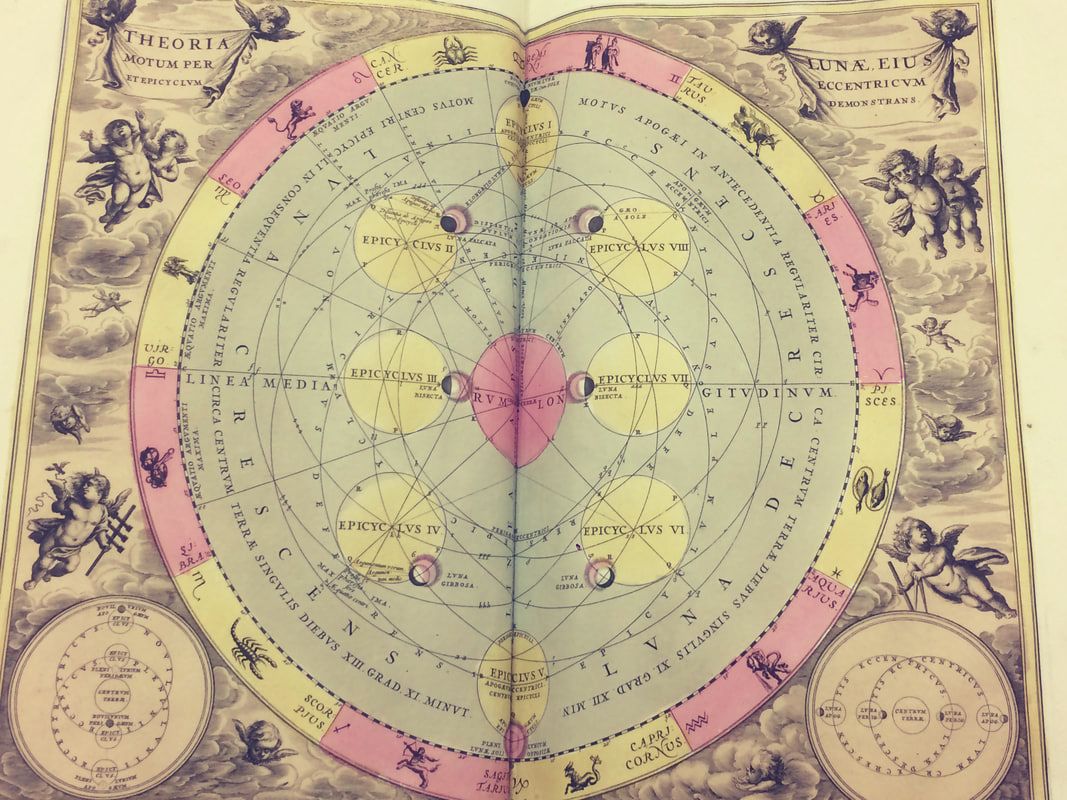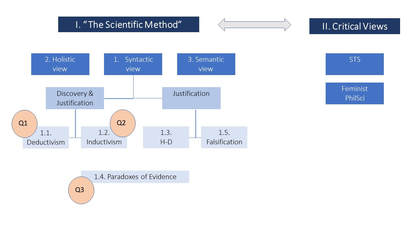Spring 2021, 2022, Fall 2022 - Philosophy of Science I (Primary Instructor)
|
Fall 2020 - Philosophy of Physics (Primary Instructor)
|
Fall 2020, 2021 - Scientific Method and Research Ethics (Co-taught)
|
Spring 2020, Fall 2019 - Morality and Medicine, HPS 0613 (Primary Instructor) |
|

